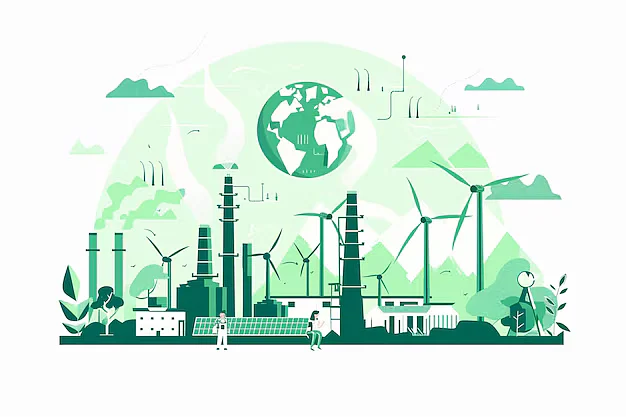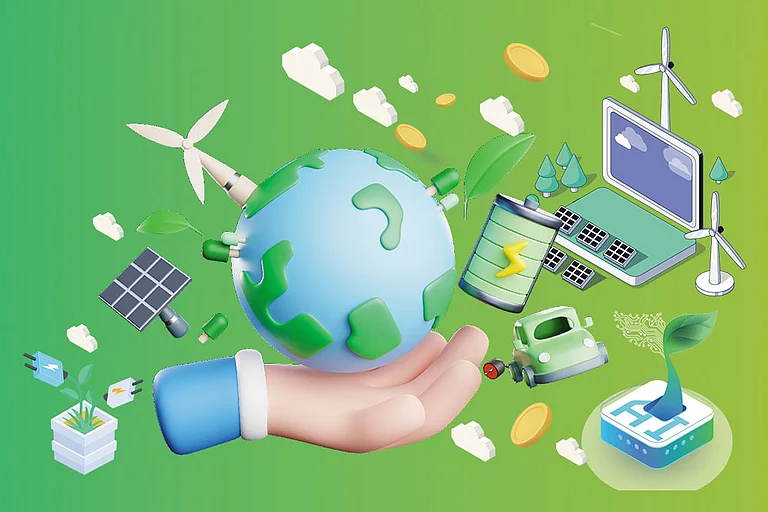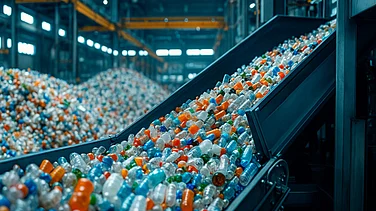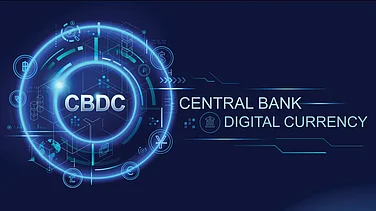While moving stepped norms and state of the 21st century, the global manufacturing industry reaches the intersection of innovation and sustainability, which turns out to be rather critical. This crossroad is not just a reaction to evolving laws or market requirements; it is a genuine change in the definition of the role of manufacturing in modern society. In such areas as cables and solar energy production, the operational efficiency is being improved over the counter, and the character of manufacturing itself is being changed for the better.
The Growing Importance of Sustainability
Today’s consumers are thoroughly educated and responsible. They want their needs satisfied but their morals respected as well. We can see this, especially in the cable industry or solar energy industries, where there is a change towards clean energy and clean materials. In this regard, however, the manufacturers should now adopt a paradigm shift; think of sustainability and responsibility in all aspects of the value chain. In this case, it simply means using green materials, streamlining production processes, and reducing waste. Compliance and meeting internal goals are not the only reasons why a company constructs and focusses on sustainability. It is more along the lines of a brand that the market and consumers can resonate with and remain loyal to.
Innovation as a Catalyst for Change
The industry relies on manufacturers and innovators—to deliver the high-quality products but also solutions that meet the safety and sustainability standards of tomorrow. Our work influences the safety of our cities, the reliability of our power networks, and ultimately, the quality of life for millions of people. It is this aspect that helps fuel that transformation. Manufacturing processes are done more efficiently through more technology, but processes such as changing production to environmentally friendly options are also implemented. With the necessity of `smart factories’ and a general today’s phenomenon of Industry 4.0, it is possible, in most cases, to increase the productivity of the processes being performed not at the expense of the workforce but by lowering resources consumed for their tasks. For example, putting AI-powered technologies along the production line aids in production and optimisation of processes instantaneously and therefore uses fewer resources and energy.
Upcoming technology: the forward approach
Several safety measures and enhancements are being introduced in the industry standards for the overall growth and sustainability, but mostly the end consumers and the general public. Hence, the ever-evolving industry is coming up with better and technologically advanced products to meet the current standards and extrapolate towards future needs. For example, with increasing urbanisation and the pressing need for cleaner, more sustainable energy systems, the demand for efficient and safe underground cable systems is growing. The most prominent change in the industry is in the development and installation of fire-resistant and fire survival cables, not just as technical necessities but more importantly for safety measures. As manufacturers, the industry needs to focus on the cable networks meeting the current performance standards while ensuring to provide robust safety in the face of potential fire hazards.
Another innovative device is the solar tracker, which is designed to harness the maximum amount of solar energy from the sun by orienting or aligning the payload towards the sun. Apart from being used to focus the arrays of photovoltaic (PV) solar cells directly to the sun; they are also used for focussing mirrors, reflectors, or lenses that are used for concentrated solar power units. Solar tracking technology hence helps in enhancing the energy output by 30-40 percent; it does so while operating in the same line bank, hence being a cost-effective and space-efficient alternative to traditional solar panels.
Shaping a Sustainable Future
In the future, the manufacturing industry’s resolve towards sustainability will serve to enhance its own operations more effectively but also transform the economy as a whole. With fierce competition among countries in adopting and achieving extreme goals for the reduction of carbon emissions and increase in renewable energy usage, the industrial sector has to take the lead. Particular notice should be directed towards the collaborative aspect of this problem, which involves governments, companies, and customers’ engagement in building the eco-cycle.
The Broader Economic Implications
The consequences of this sustainable transformation are reflected on the levels of individual firms. Manufacturing plays a tremendous role in the growth of the Indian economy in terms of contribution to the GDP and employment. It is set to improve India’s standing as a player in the global manufacturing industry as the latter undergoes changes. In this case, by stressing sustainable practices, the manufacturers will have boosted their capability to compete in the export markets, hence attracting more foreign direct investment, hence boosting the economic growth.
Further, it is noteworthy to state that sustainable manufacturing can and does contribute to concepts such as innovation and entrepreneurship.
In conclusion, it is possible to mention that the correlation between innovation and sustainability will become the main breakthrough for the further development of the manufacturing industry for the next ten years. Thus, the application of the above principles will help the manufacturers be profitable while at the same time minimising the effects that they have on the environment, which can positively be felt by future generations. The changes towards the manufacturing sustainable process are not a choice but the reason that we must fight for.
(Vijay P. Karia is the Chairman and Managing Director of Ravin Group of Companies.)


























